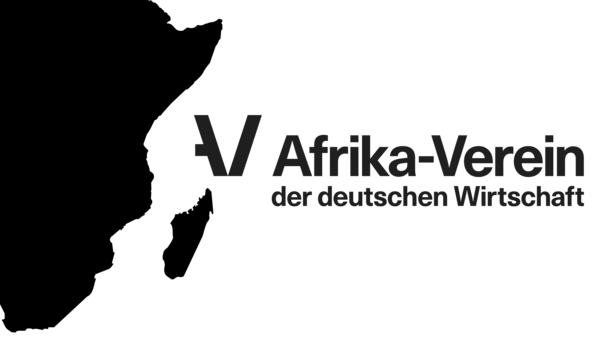Morocco is considered the most stable country in North Africa. Yet youth unemployment is high. A reform plan is to improve cooperation between the economy and training institutions and thus improve the employment situation of young people.
Thanks to its proximity to Europe and its active reform policy, Morocco is considered an attractive business location. Since 2014, the automotive industry has been Morocco's strongest export sector. The textile industry creates the most jobs.
Education and training in Morocco
Despite the economic upturn, youth unemployment in Morocco remains high, up to 40 percent in the cities. To counteract these trends, the Moroccan Minister of National Education, Said Amzazi, presented a reform plan in September 2018 aimed at improving cooperation between business and educational institutions.
Overall, in the area of education and employment, the offer of vocational training is to be diversified, the course content at public universities revised and training streamlined and adapted to the needs of the labour market. The aim of this new education system is to promote the transition from traditional to modern industries and services.
A better interlocking of training and employment is to be made possible, among other things, by the creation of vocational training centres adapted to the economy.
The innovations concern numerous national qualification requirements, process optimisation and advisory services for young people. Schoolchildren are to be supported at an early stage by school, vocational and university counselling systems.
In addition, capacities in the areas of accommodation, meals and school transport/school buses are to be expanded and social services for university students improved. The school drop-out rate of currently 12 percent is to be reduced to three percent in the 2024/2025 school year.
Other programmes such as economic promotion in rural areas, the economic integration of women and the improvement of land policy also have a vocational training focus.
Business opportunities for German companies
German education providers and the German education system have attractive solutions against the background of Morocco's reform plans.
Potential is offered to German companies particularly in the areas of consulting, training and further training measures to improve the skills, resources and performance of vocational schools and institutions, the operation of newly created training centres, the provision of didactic equipment and the development of dual curricula in cooperation with vocational schools, universities and local companies.
Organisation and framework of the event
The Afrika-Verein Veranstaltungs-GmbH conducts the webinar in cooperation with various partners on behalf of the Federal Ministry of Economics and Energy (BMWi). It is a project-related funding measure within the framework of the BMWi market development programme for small and medium-sized enterprises (SMEs).
The Internationaler Bund (IB) is currently implementing two projects in Morocco for GIZ and Sequa and will present the activities within the webinar.
Registration
The registration takes place via the Afrika-Verein Veranstaltungs-GmbH. In addition, please send the completed participant declaration to kunert@afrikaverein.de.
The registrations will be considered in the order of receipt.
Direct link to the registration: https://www.afrikaverein.de/veranstaltungen/anmeldung-zur-veranstaltung/?no_cache=1&nid=4358f75a-1727-fa5b-33f7-5e4d04735923
Programme Webinar 11 May 2020
10:00 a.m. Welcome by Peggy Schulz,
Head of Countries and Markets, Afrika-Verein der deutschen Wirtschaft e. V. (AV)
10:05 a.m. Short presentation of the BMWi market development programme
Representation of the Market Development Office of the Federal Ministry of Economics and Energy (BMWi)
10:20 am Technical lecture: Market entry in the target country
Andreas Wenzel, Managing Director, German Chamber of Industry and Commerce in Morocco (AHK Morocco)
10:40 am Lecture: Current developments in education and training in Morocco
Representation of the German Association for International Cooperation (GIZ), special initiative for training and employment
11:00 am Technical lecture: National regulations and business opportunities
Jakob Kemmer, Germany Trade & Invest (GTAI)
11:15 Practical examples: Opportunities and challenges for German providers in the initial and continuing training sector in Morocco (Interviews)
Ralph Matschinsky, Project Manager Altazir, Internationaler Bund(IB)
Richard Schottdorf, Managing Director International Affairs, Internationaler Bund (IB)
Dr Susanne Franke, Deputy Head of Corporate Cooperation, Don Bosco Mondo e. V.
Representation of Andritz Hydro GmbH
Kristine Faenger, Regional Manager Arab Countries and North Africa, iMOVE: Training - Made in Germany
11:45 a.m. Technical lecture: Funding conditions, financing and hedging possibilities
Jan Blum, Special Initiative on Training and Employment, KfW DEG
12:00 Exchange: questions and answers




